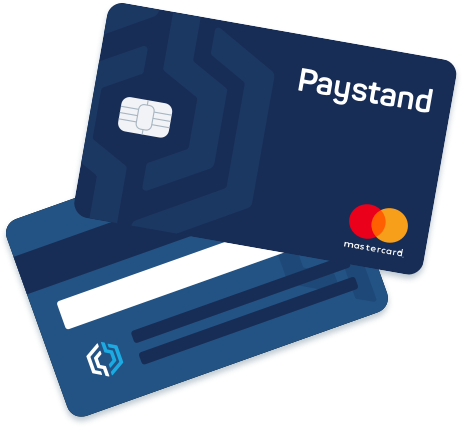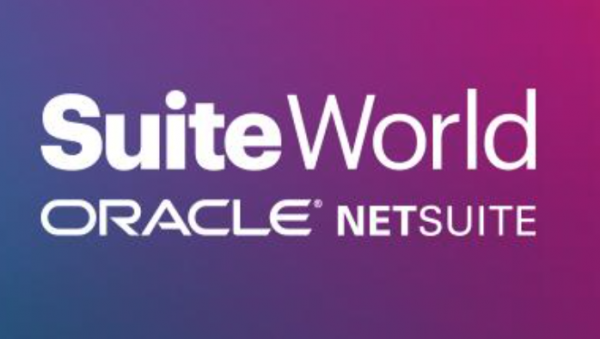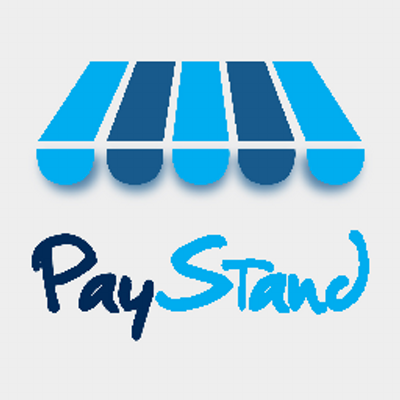Companies
Paystand launches Zero Card, the industry’s first B2B Corporate Expense Card

(Contributed)
August 6, 2020 — Scotts Valley, CA
Paystand calls Zero Card “the most versatile epayable ever,” as the payer network grows 4x and surpasses 140,000 businesses
Paystand today released the Zero Card, an entirely touchless, prepaid alternative to corporate expense cards designed for mid-market businesses that need more flexibility and control over budgets and spending at any given time. With robust functionality to support a series of use cases across expense management, fund disbursement, and bulk card creation, the Zero Card is the most versatile ePayable ever made. The Zero Card streamlines invoice processing, expense reporting, and payment execution, and allows businesses to manage, track, and control company spending in real-time. But unlike any corporate card on the market, the Zero Card leverages Paystand’s zero-fee payment network to give businesses a fast, secure way to eliminate the cost of transaction fees.
“The Paystand Zero Card combines the consumer-like experience of peer-to-peer payments with the speed and security of Paystand’s no-fee payment network,” said Jeremy Almond, CEO of Paystand. “We completely re-engineered the corporate card so businesses can move away from reactive spend management tactics to a place where they have visibility of spend before it happens.”
Virtual card adoption is expected to surpass $5 trillion in transaction value by 2025. With Paystand’s significant presence in the Accounts Receivable (AR) space, the Zero Card will help expand the footprint of virtual cards by over 140,000 businesses.
New Level of Speed and Control for Company Spending
The Zero Card is a prepaid virtual expense card that employees can use to securely make purchases online and over the phone. From a transaction point-of-view, these cards work exactly the same way as physical cards, except they require no credit checks and businesses can issue and deactivate these 16-digit card numbers in just a few clicks.
Using the Zero Card, finance teams get better control and visibility over company spending, Accounts Payable (AP) processes become simpler and more efficient, payment cycles become shorter, and all parties in a transaction are better protected against fraud. The Zero Card also reduces exception processing and allows you to capture more transaction detail for faster reconciliation.
Highlights of the Paystand Zero Card include:
- Real-time expense management: Instantly provision cards, create cost and sub-cost centers, assign budgets, distribute funds to teams, and use the dashboard to get a comprehensive view of the company’s spending in real-time.
- No transaction fees: With Zero Card, businesses can activate in-network mode to make unlimited free payments (0% + $0.00) over Paystand’s bank network. Merchants accepting Zero Cards will not be charged a credit card processing fee.
- Fraud prevention controls: Manage spend by category, team, and merchant code to reduce risk of fraud.
- Unlimited metadata: Capture and add critical remittance information (metadata) to transactions in order to simplify expense reporting and reconciliations.
Bridging the Payables Gap for B2B Payments
Consumer payments have all but shifted to digital methods, but AP departments and B2B payment processes still remain dependent on paper-based practices that cause errors, weeks-long delays and cash flow challenges for mid-market businesses. With the average payment cycle taking about 35 days to complete and 47% of invoices paid late, businesses need a faster, more efficient way to make payments and manage total company-wide spend.
One of the biggest challenges in B2B payments today is that Accounts Payable and Accounts Receivable do not share a common payment infrastructure. This leads to misaligned financial interests and creates a zero-sum mentality between payers (AP) and receivers (AR). Instead of focusing on optimization of the entire payment journey, technology and process improvements for one group often lead to inefficiency and friction for the other, as both sides are shackled to a system designed in neither’s best interest. This inherent imbalance forces companies to accept high-fees, lengthy payment delays, or both just to move money between two bank accounts.
The Zero Card is designed for both AP and AR teams and natively connects these two groups, bridging the gap for B2B payments to deliver business impact far beyond cost savings.
“B2B payments needs revolution, not evolution. It has a long way to go before it achieves the ease and speed of consumer payments,” said Mark Fisher, Paystand’s VP of Marketing. “The Zero Card delivers industry-first technology and bridges that payables gap today. When money moves over our network, it’s instant, automated, and comes at no cost. That’s good for businesses and that’s good for the economy overall.”
Delivering Speed, Efficiency and Control in B2B Payments
Earlier this year, Paystand raised a $20 million Series B led by top-tier investors in order to scale its AR products and make it easier for businesses to collect and send money. As part of that, CEO Jeremy Almond made a commitment to expand Paystand’s payment network and give businesses new, digital channels to make zero-fee payments.
###
Tagged PayStand








